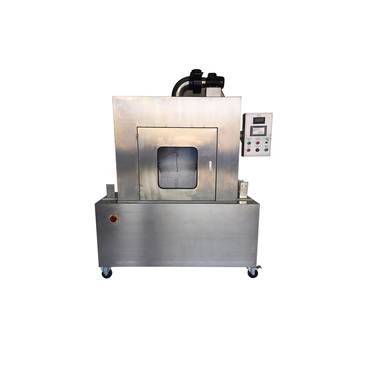custom insulation resistance tester
Understanding Custom Insulation Resistance Testers
In the realm of electrical testing and safety compliance, insulation resistance testers play a pivotal role. These devices measure the insulating properties of electrical equipment and wiring, helping to ensure safety and functionality. While many standard insulation resistance testers are available on the market, custom insulation resistance testers are increasingly being used to meet unique testing requirements across various industries.
What is Insulation Resistance Testing?
Insulation resistance testing is a process used to measure the resistance of an insulator, typically between conductive parts and the ground. It serves to identify potential breakdowns in insulation that could lead to electrical shorts, equipment failure, or dangerous shocks. The resistance is measured in ohms, and a higher resistance value indicates better insulation quality. Generally, a reading below the recommended threshold suggests that immediate action may be necessary to replace or repair the insulation.
Why Custom Insulation Resistance Testers?
Standard insulation resistance testers are generally designed for conventional applications. However, they may not always accommodate specific requirements of specialized industries, where unique configurations, ranges, or features may be necessary. That's where custom insulation resistance testers come into play. Customers can tailor these devices to meet their exact specifications, including
1. Voltage Levels Different applications may require testing at various voltage levels. Custom testers can be designed to operate at specific voltages, ensuring accurate and relevant testing results.
2. Range of Resistance Measurements Various equipment and materials can exhibit different resistance levels. Custom testers can be configured to cover a broader or more specific range of resistance measurements.
3. Environmental Conditions In tough environments—such as in underground installations, outdoors, or hazardous areas—custom testers can be built to withstand extreme temperatures, humidity, or exposure to chemicals.
4. Interfaces and Data Logging Modern testers can include advanced features such as Bluetooth connectivity, data logging capabilities, and user-friendly interfaces that allow for easy operation and analysis. Custom options can be tailored to suit the users’ preferences or specific workflow requirements.
custom insulation resistance tester

5. Testing Protocols Industries like telecommunications, renewable energy, and manufacturing might have specific testing protocols or compliance standards. Custom testers can be developed to support these standards, ensuring compliance and efficiency.
Benefits of Using Custom Insulation Resistance Testers
Utilizing a custom insulation resistance tester can provide several advantages
1. Enhanced Accuracy Tailored specifications lead to more precise testing outcomes, facilitating better quality control and safety assurance.
2. Improved Safety Custom testers designed for particular applications can help prevent dangerous electrical failures, ensuring the safety of personnel and equipment.
3. Increased Efficiency By having a device that meets specific operational needs, companies can streamline their testing processes, saving time and resources.
4. Adaptability Industries are continually evolving, and having a custom solution allows for adjustments as technological needs change, positioning a company to remain competitive and compliant.
5. Cost-Effectiveness While custom solutions may require a higher initial investment, they often reduce the need for multiple devices and minimize downtime caused by equipment failures.
Conclusion
In an age where electrical safety and efficiency are paramount, custom insulation resistance testers represent a vital component for industries relying on electrical systems. These devices offer tailored solutions that enhance testing accuracy, ensure compliance with safety standards, and promote operational efficiency. As technology progresses and industries evolve, the ability to customize testing equipment will continue to play a critical role in maintaining safety and performance. Investing in a custom insulation resistance tester could be one of the smartest strategic moves for companies aiming to uphold high standards in electrical integrity.
-
Why the Conductor Resistance Constant Temperature Measurement Machine Redefines Precision
NewsJun.20,2025
-
Reliable Testing Starts Here: Why the High Insulation Resistance Measuring Instrument Is a Must-Have
NewsJun.20,2025
-
Flexible Cable Flexing Test Equipment: The Precision Standard for Cable Durability and Performance Testing
NewsJun.20,2025
-
Digital Measurement Projector: Precision Visualization for Modern Manufacturing
NewsJun.20,2025
-
Computer Control Electronic Tensile Tester: Precision and Power for the Modern Metal Industry
NewsJun.20,2025
-
Cable Spark Tester: Your Ultimate Insulation Assurance for Wire and Cable Testing
NewsJun.20,2025
 Copyright © 2025 Hebei Fangyuan Instrument & Equipment Co.,Ltd. All Rights Reserved. Sitemap | Privacy Policy
Copyright © 2025 Hebei Fangyuan Instrument & Equipment Co.,Ltd. All Rights Reserved. Sitemap | Privacy Policy
